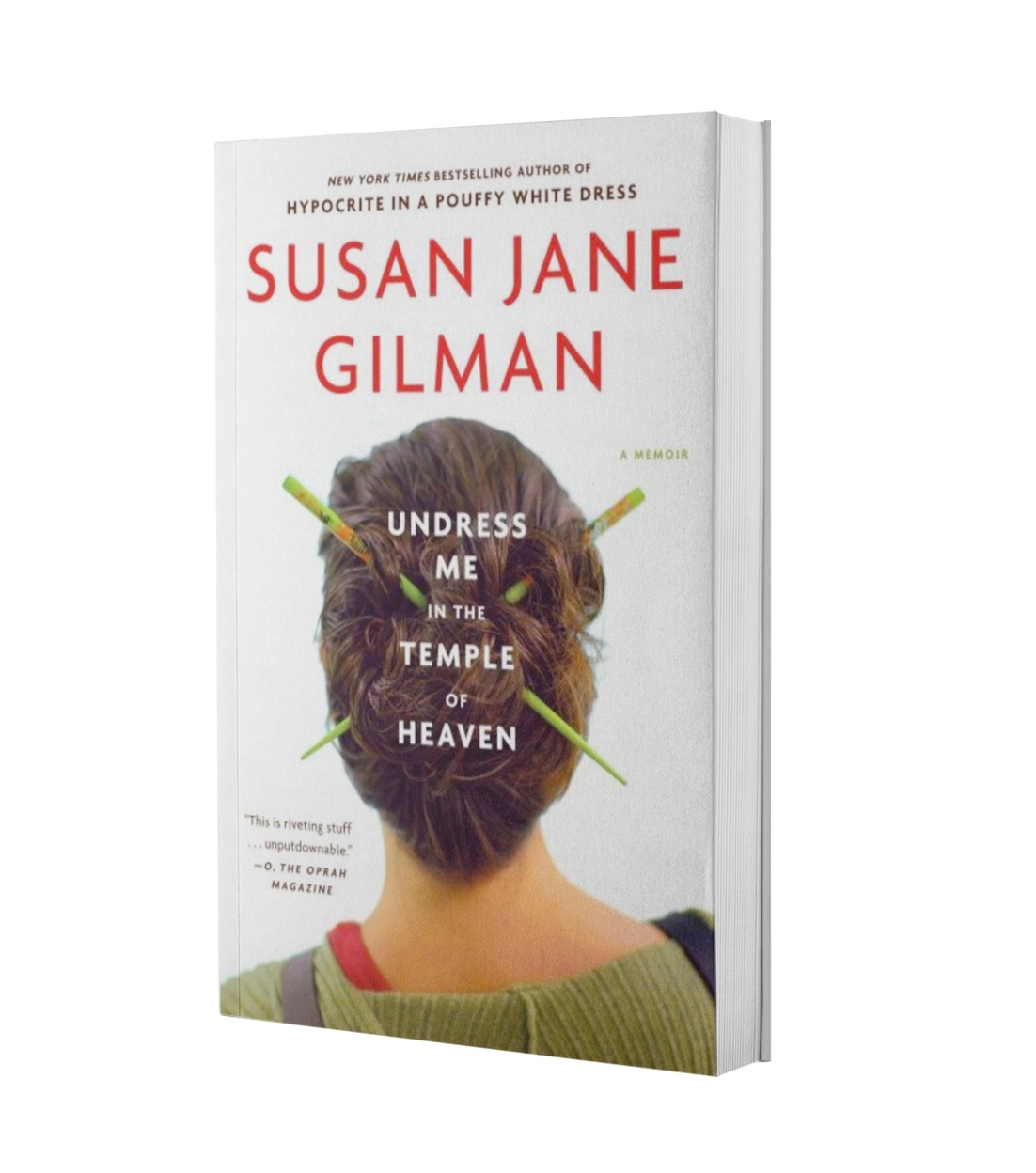Reading Guides
I’m pleased to speak with book clubs whenever I can. If the Scheduling Gods make it impossible for me to join you in person, I can often meet with groups virtually via Skype, FaceTime, conference call, or email. To arrange a visit, Contact me directly through this website.
In the meantime, to help spark discussions, here are handy reading guides for my two most recent titles.
The Ice Cream Queen of Orchard Street
Questions for Discussion
Do you like Lillian? Do you understand her? How do these two judgments differ? Would you say she’s in any way a hero?
Lillian’s world broadens in almost unimaginable ways, from her flight from Russia to heading an ice cream empire. Do you think this is a specifically American story — or could such radical change take place in another country?
Rocco Dinello is Lillian’s nemesis. Do you think he’s the main villain in this novel? Could you make a case for his actions? Do you sympathize with him at all?
Would you argue that Lillian is more like her mother or her father?
After Lillian sees that the Candie Ice Cream Company has been shut down, she expects to feel elated — but instead finds herself feeling “no satisfaction at all.” After the luncheon honoring her at the White House, she feels nothing but panic. Why do you think she had these reactions? Are they specific to her – or part of a greater human condition?
Do you think Lillian’s physical disability was a major obstacle – or perhaps a blessing in disguise?
Lillian is the driving force behind Dunkle’s Ice Cream Company, but Bert is given the credit for starting, running, and expanding the company. The word “feminist” never crosses Lillian’s lips, but do you think she’d call herself one? Why or why not?
Several points of conflict in the novel are ambiguous. For example, it is not made clear whether Bert is actually cheating on Lillian during their marriage – or whether the Dinello brothers are, in fact, helping to orchestrate the boycott against Dunkle’s – or if Jason only spends time with Lillian because he’s eyeing her inheritance. What did you assume? Is it important to know one way or the other?
Towards the end of the book, Harvey Ballentine says “bad, good. Good, bad…isn’t that everyone?” Do you agree? Are all the characters in this novel both good and bad, or are they largely defined by one or the other?
Do you feel sorry for Lillian’s son, Isaac? Why, or why not?
By the end of the book, Lillian is wondering how the great, powerful nation she loved has become “small-minded and ingrown and frightened.” Do you think her indictment of America rings true? Or is it her perceptions that have changed?
“The Ice Cream Queen of Orchard Street” spans seventy years. Did it illuminate any points in American history for you? What surprised you the most?
Author Susan Jane Gilman has often been celebrated for her humor. Did you find this to be a predominantly comic novel? Why or why not?
Undress Me in the Temple of Heaven
Questions for Discussion
Why do you think the book is titled Undress Me in the Temple of Heaven?
The author mentions several times in the book that she and Claire were Ivy Leaguers. Why do you think she does this?
To this end, she also mentions that she and her friend were groomed to be “the future leaders of America.” Why might she have gone out of her way to point this out? Does this detail have implications beyond the immediate story?
How do the people in this book transform over time? Are the changes predictable?
What role does China itself play in the narrative? Could this misadventure have just as easily taken place anywhere else?
Did you find the narrator herself sympathetic? Heroic? Does she seem to think that she was—or was not?
This adventure took place in 1986. Do you think it’s still relevant today?
Did your own feelings for the people change over the course of the story? If so, how?
If you could ask the author any questions directly about Undress Me in the Temple of Heaven, what would they be?
Gilman’s previous books have dealt with women’s empowerment. Do you feel that Undress Me continues this theme? Why or why not?
Has this book changed the way you view travel at all?
Are there lessons from this story that you can apply to your own life?

